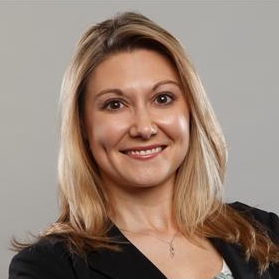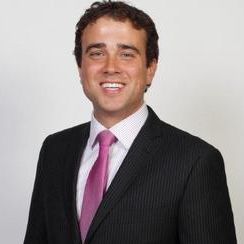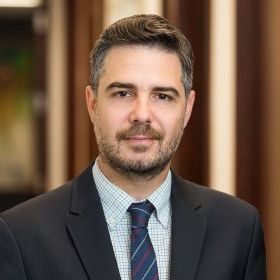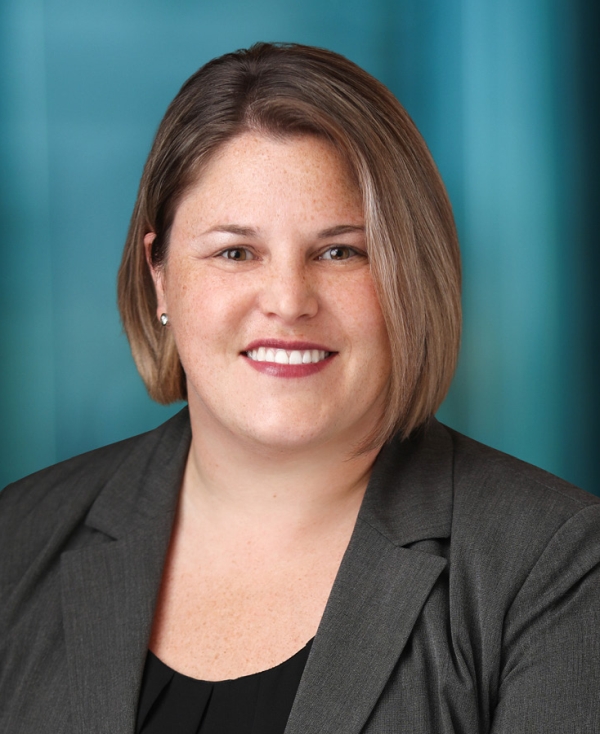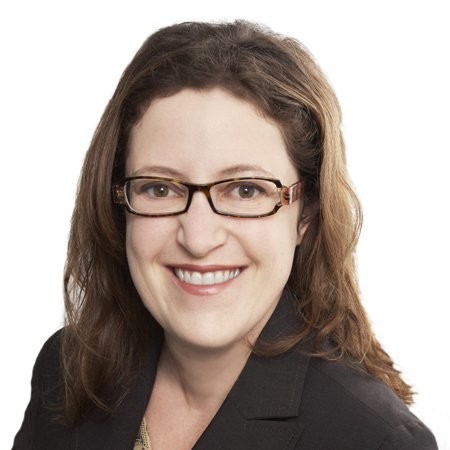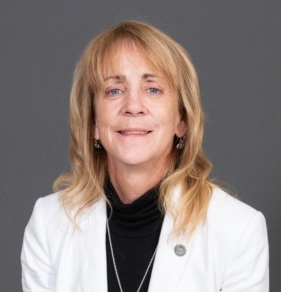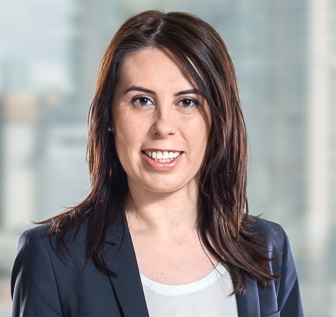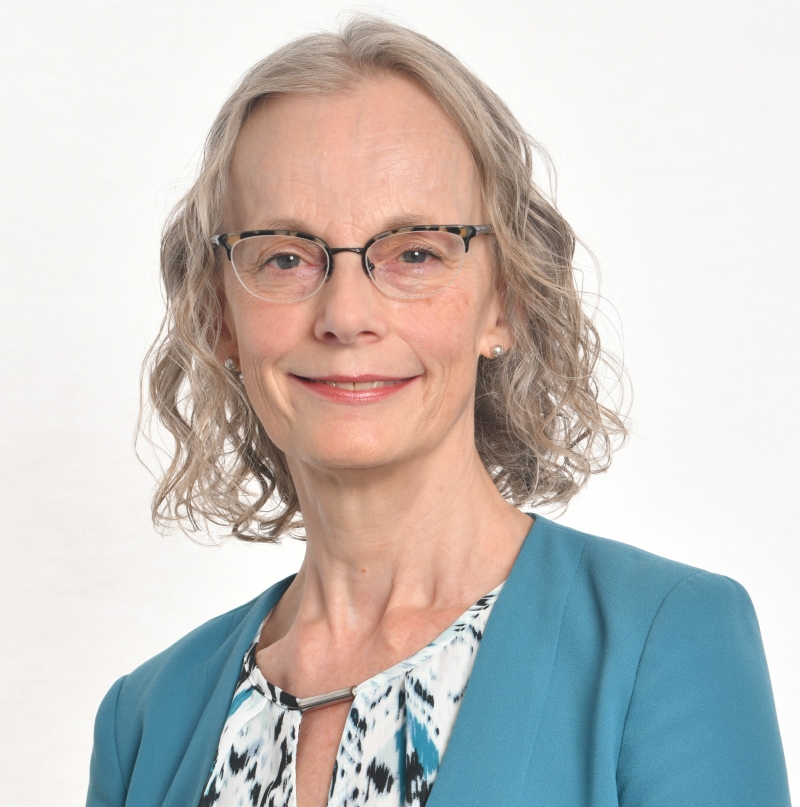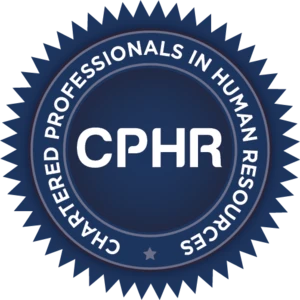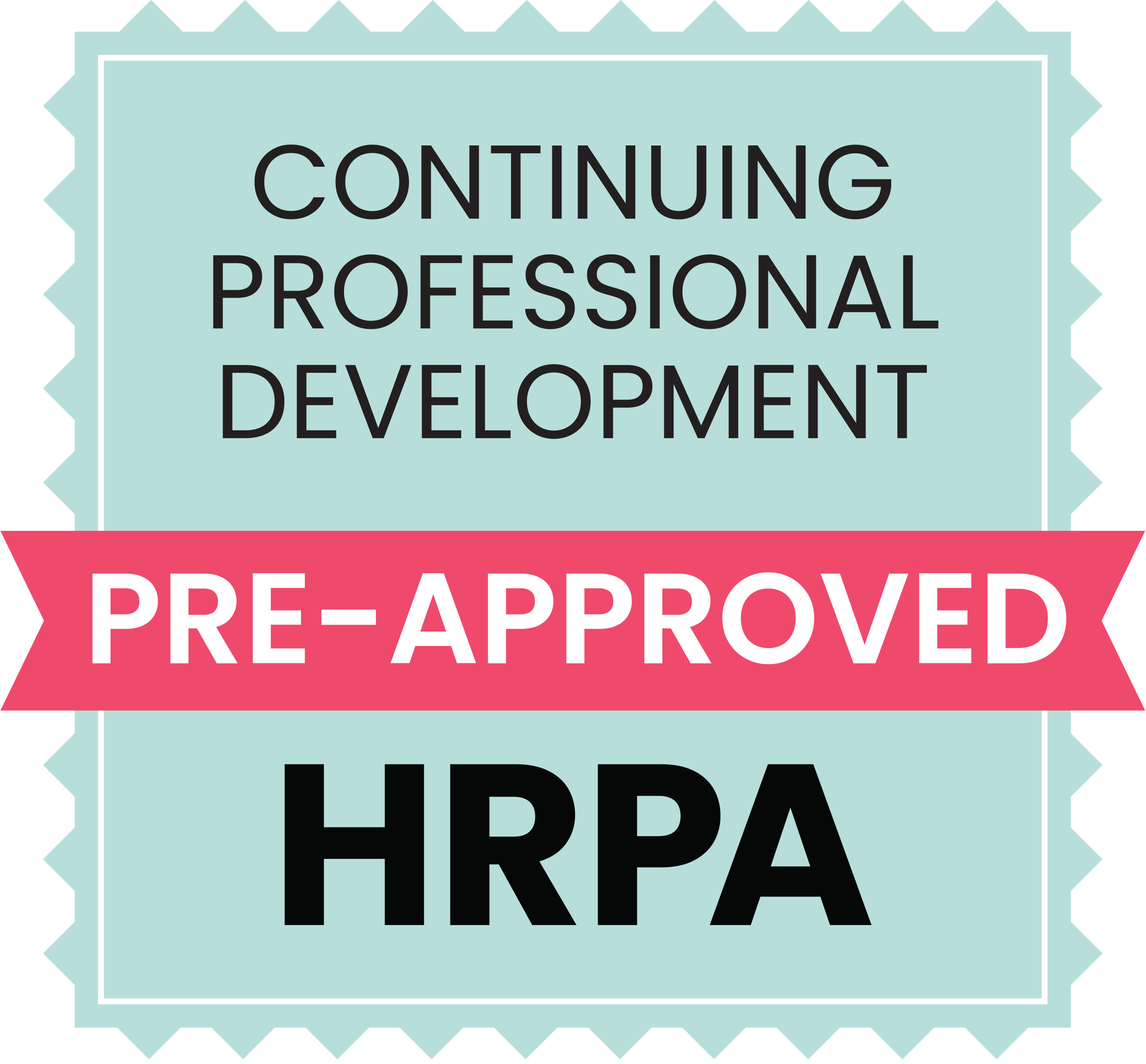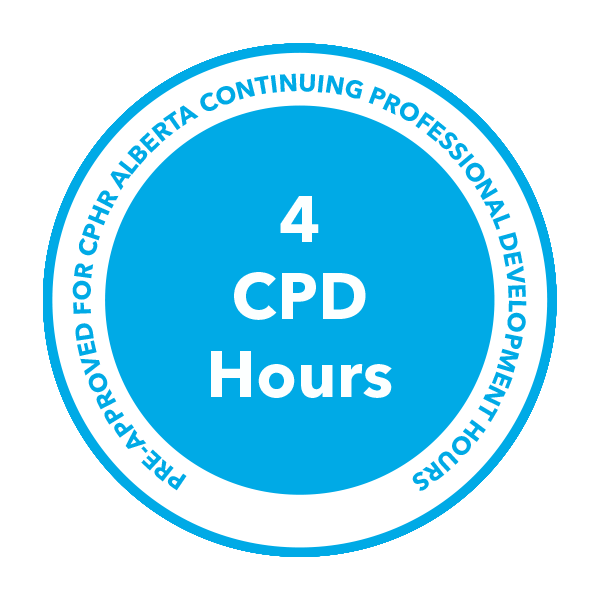The Virtual Health & Safety Conference is a meticulously crafted event tailored to meet the needs of human resources, industrial relations professionals, executives, union officers, and representatives, as well as health and safety/workers’ compensation specialists, and labor and employment lawyers/consultants.
This premier gathering serves as a dynamic platform for industry thought leaders and practitioners to engage in insightful discussions and collaborative exchanges. The conference features illuminating panels that delve into crucial topics, including the “Annual Check-Up,” where experts meticulously dissect key cases and legislative developments, offering participants a comprehensive understanding of the evolving legal landscape.
Conference Co-Chairs
Conference Advisory Committee
Thursday, September 12, 2024
Introduction: 12:30 p.m. – 12:35 p.m.
Break: 1:50 p.m. – 2:00 p.m.
Break: 3:10 p.m. – 3:20 p.m.
Break: 3:50 p.m. – 4:00 p.m.
Closing Remarks: 5:00 p.m.



